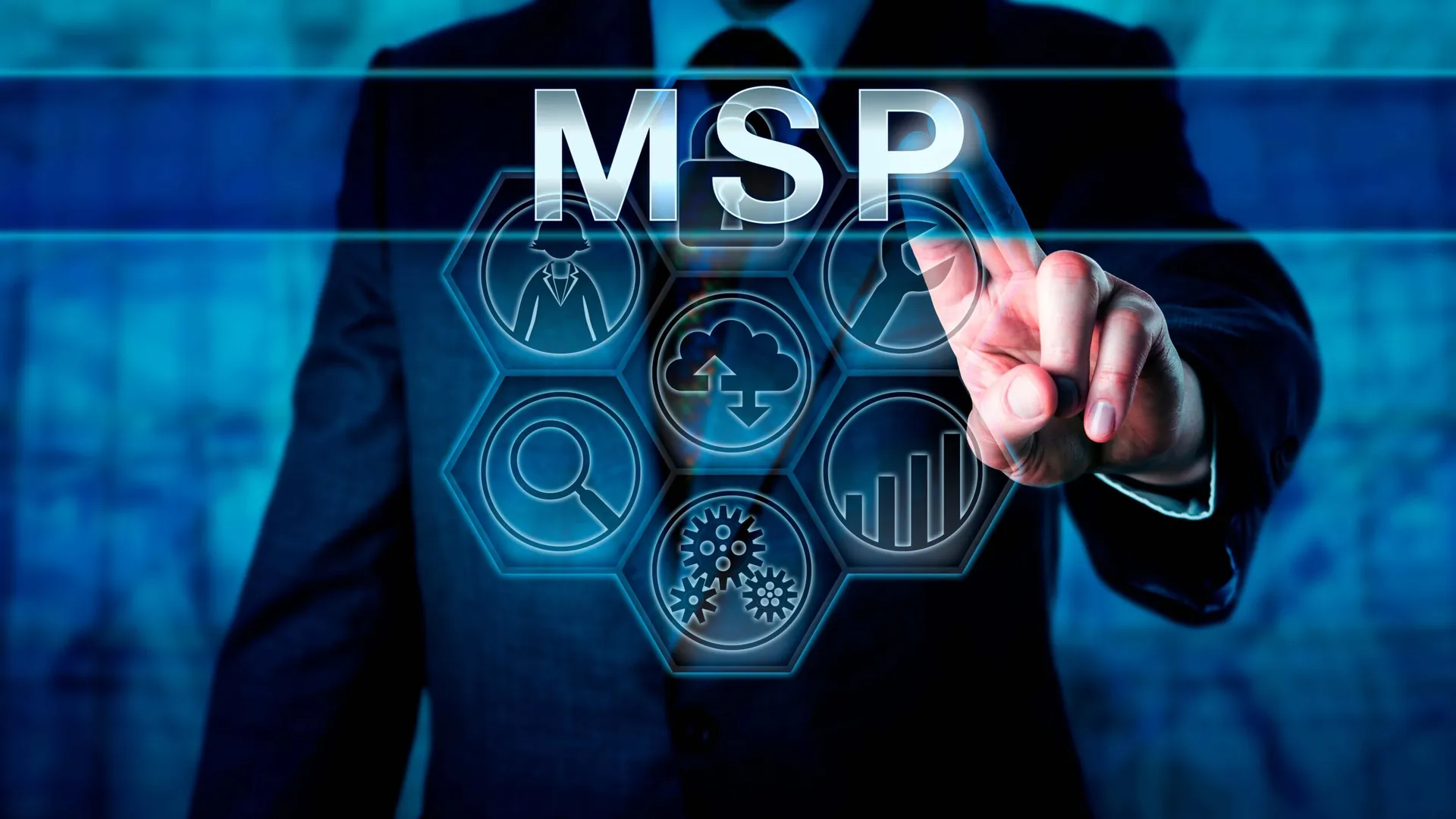Within large organizations, you may hear executives tell their employees to "act like entrepreneurs." Dilbert pokes fun at that line pretty darn regularly. And the "intrapreneur" chatter has grown louder as legacy businesses strive to become digital corporations. I've seen intrapreneurship -- the act of behaving like an entrepreneur while working within a large organization -- succeed. And I've seen it fail. Here's what I learned.
Let's start with the definition of entrepreneurs. They're willing to...
- Quit their jobs;
- work for a certain amount of time with no salary, no paid benefits -- heck, no income; and
- build a business from scratch.
If the business succeeds, the entrepreneur potentially gains lots of upside -- in terms of salary, benefits, bonuses, life-work balance... and business valuation. If the business fails, the downside pain -- often involving personal debt -- can last for years. It's a high-stakes game that involves chasing your dreams while accepting the associated risks.
Intrapreneurship Done Wrong
Now, apply that bullet list to companies that call on employees to be "intrapreneurs." In many cases, the employer asks employees to generate new product or service ideas. Those ideas, in turn, must spark new revenues and stronger profit margins.
Frankly, intrapreneurship can be fun and exciting. And the fact that you're working on a "new" project in an "established" company can help to minimize the downside risk. But far too often, intrapreneurs are set up to fail -- either on a professional level or on a personal level.
In many cases, you essentially wind up with two jobs and your own innovator's dilemma -- keep cranking on your existing business while you try to find time for the new focus areas. Even worse, your compensation plan may not fully reflect all the value you're bringing to the new project or building for the employer. Worst of all, the employer may demand "immediate" profits from the new project -- instead of properly incubating it toward sustainable success.
Intrapreneurship Done Right
Still, I've seen intrapreneurship done right. Most of the examples come from my days at CMP Media in the 1990s.
In many cases, you'd leverage the mother ship's existing assets (customer databases, marketing platforms, etc.) while you and a dedicated team huddled and focused 100 percent on the "new" project rather than the "old" effort. And yes, the new project involved compensation perks tied to specific performance goals. It wasn't a perfect formula. The potential "upside" in terms of compensation wasn't massive. And if a project shut down there certainly was a risk of losing your job.
Even so, CMP instituted external hiring freezes whenever an internal property imploded. The idea was to re-assign existing employees to existing job openings before hiring talent from outside the company. Imagine if tech giants actually did that today...
Intrapreneurship: Questions to Ask
If I was at a large company that poked and prodded me for new business ideas, I'd certainly be receptive. But there'd be a healthy give-and-take along the way. Among the questions I'd ask...
- Just how much risk is the employer willing to take?
- How soon must the idea generate tangible revenues and profits? And please: Define 'tangible'?
- What's my personal upside in terms of potential compensation? Is that cash or stock (and what terms are tied to the stock)? Can I see that clearly spelled out in writing for my attorney to review?
- What's my potential downside if the project stumbles or implodes?
- You keep asking me for new business ideas. What happened to the ones I submitted last year? And the year before that?
- Required: Can I have Amy Katz as a business partner on my team?
Long live intrapreneurship -- as long as there are clearly defined terms that properly outline/balance the upside (and the risk) for the employer and the employee.




